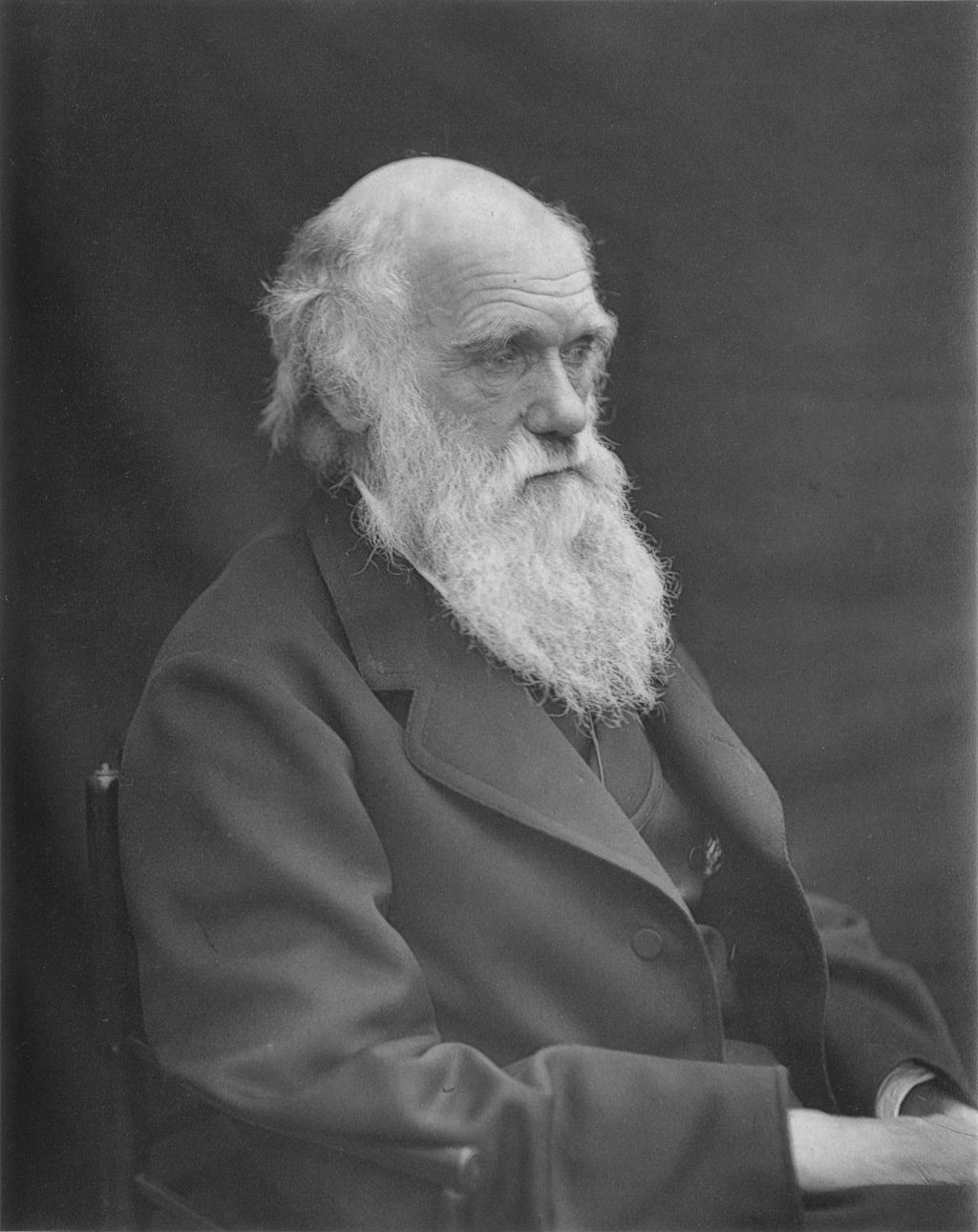Danish insect researcher edits world’s oldest scientific journal
Both Isaac Newton and Charles Darwin published their groundbreaking discoveries in the prestigious journal Philosophical Transactions of The Royal Society B. The Danish researcher has therefore joined a distinguished club of scientists.

He may not be known outside of narrow scientific circles, but for insect researchers, Professor Toke Thomas Høye is a well-known name.
In his laboratory in the middle of the university park in Aarhus, he develops new methods for monitoring insects in nature. Using cameras, image recognition software, and artificial intelligence, his solutions can document how the insects are doing.
Insects are notoriously difficult to study because they live hidden most of the time, are difficult to identify, and move quickly. Traditionally, researchers have used traps to collect the animals and then study the catch in the laboratory. However, this is a very slow process, which requires both specialist knowledge, time and money.

Because of all this there is still a lot we don’t know about the world of insects. On top of that everything suggests that insects are declining – and if we are to change this, it is important that we know how insects react to the various measures we take to restore nature, he explains.
- To be able to assess whether the nature restoration projects work or not, we need to know quite precisely how the insects react to it. That said, warmer climate, pressure from human activity, and new species also have an impact – and we need to be able to pinpoint the exact cause.
- With these new methods, we get richer and more precise data, and we will be able to answer some of these questions. In the special issue of the journal, we are trying to gather everything there is to know about all the new technologies for insect monitoring.
For many months, Toke Thomas Høye has therefore spent a large part of his time editing the special issue of ‘Philosophical Transactions of The Royal Society B’. A hefty publication of 212 pages with more than 22 scientific articles, which gathers the latest knowledge about the technology of insect monitoring.

The world’s oldest journal
It is in fact not the first time that Toke Thomas Høye has helped edit an issue of Philosophical Transactions of The Royal Society B. As a young researcher, he also had the chance to contribute to the world’s oldest scientific journal with his knowledge about monitoring nature in the Arctic.
But even though it is not the first time, it is still a unique experience, he says.
- Having this opportunity allows me to lay my small piece in the grand puzzle of science. Furthermore I feel as being part of history when I contribute to a journal that has housed so many important scientists.
When The Royal Society was founded in England in 1660, it was with a mission to gather and promote the new scientific methods that were gaining a spreading throughout Europe at the time. To disperse this knowledge, the society invented the world’s first scientific journal, Philosophical Transactions of The Royal Society.
Throughout history, a host of famous researchers have published their discoveries in the journal. Isaac Newton published 17 articles and Charles Darwin, the father of modern biology, also published some of his most important discoveries.
Toke Thomas Høye has, in other words, joined a club of very famous scientists.
- It is with both pride and awe that I accepted the offer. Within biology, Charles Darwin is probably the most important figure. So it’s amazing to get the chance to edit an entire issue in the same journal that he appeared in, he says.

Hopes the issue will inspire other scientists
The special issue that Toke Thomas Høye helped edit many years ago, has since been used as a reference work for researchers seeking inspiration, knowledge, and an overview.
He hopes that this new issue will do the same.
- If we can inspire new biologists and engineers to enter our research area with this publication, then I will be happy. We have spent a lot of time and energy mapping the gaps in knowledge that exist today, so there is plenty to get started on for a young ambitious researcher, he says.
Spending many hours editing the journal is not out of pure altruism. Hopefully, it will benefit his career as well.
- It helps to establish me and my co-editors as the leaders in this field of research. With publications like this follows recognition, and in the world of science, recognition can be converted into new collaborations and better funding for new projects.
